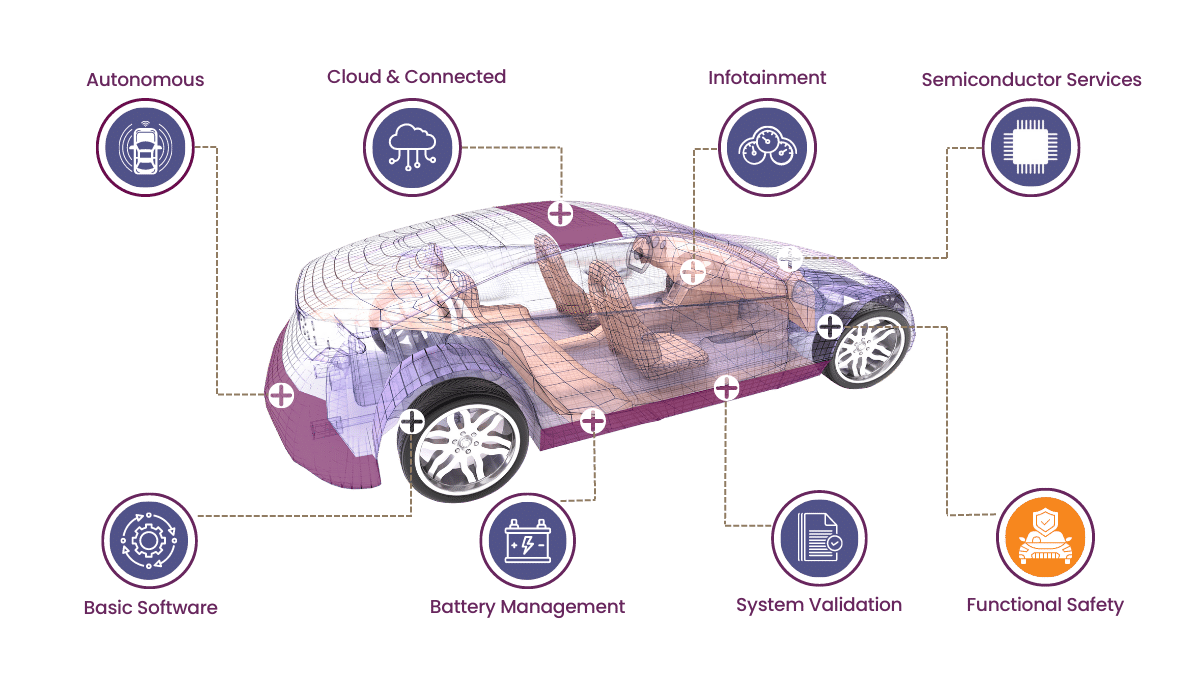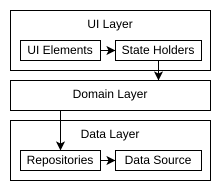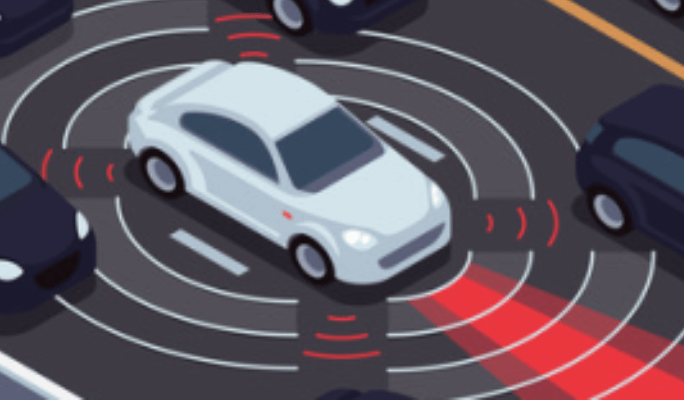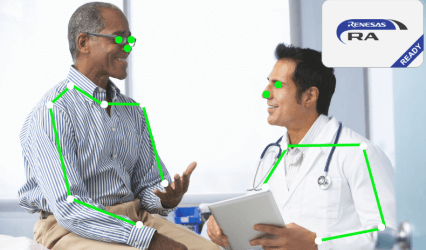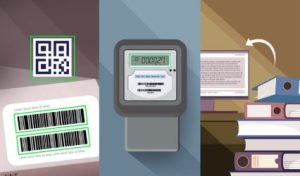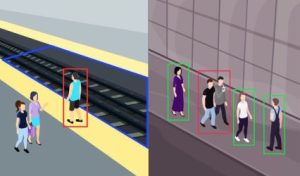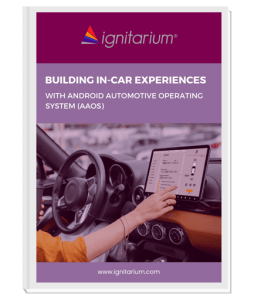AUTOMOTIVE INFOTAINMENT & VALIDATION
Cruise along into the future of mobility
We specialize in Automotive Validation Services and Automotive Infotainment Services, crafting next-gen, AI-enabled, high-compute SoCs along with complex software stacks tailored for Software-Defined Mobility systems. Our solutions prioritize inherent safety and security, drawing upon our extensive expertise in Semiconductor design, Embedded systems, and Digital Software development. With a focus on Automotive Validation Services and Automotive Infotainment Services, we are committed to delivering cutting-edge solutions that redefine the future of automotive technology.
Embedded Software

Expertise
We have years of experience in developing low-level software on MCUs and advanced domain controllers from all major automotive semiconductor vendors. Throw in our vast expertise in all flavors of in-vehicle data transport networks as well as traditional (distributed) to modern (zonal or centralized) and futuristic SDV compute architectures, and our proven track record in complex peripheral drivers, basic software, Automotive OS-es, middleware and media pipelines.
Stitch everything together via our ISO26262 and ASPICE compliant software design processes, and you are ready to bring world-class automotive embedded systems to life.
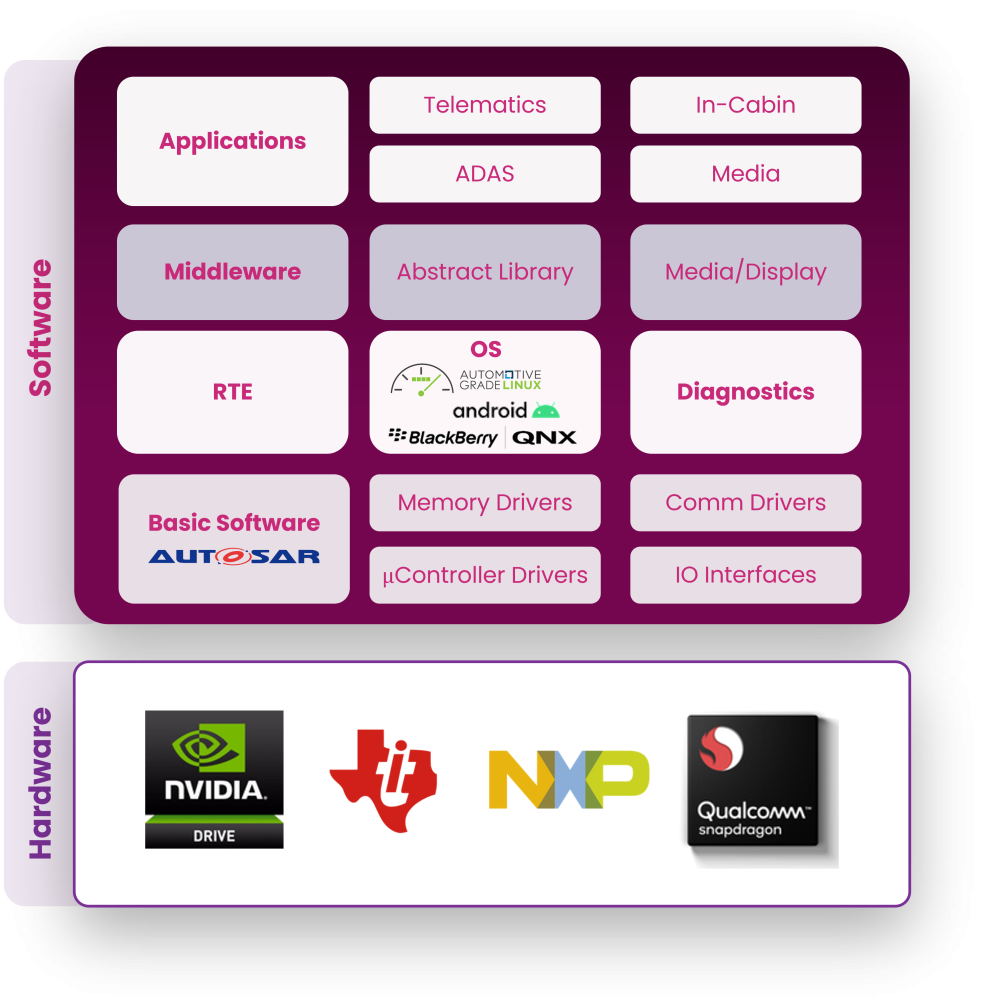

Expertise
- Server-side implementation for Application
- JNI
- Design patterns (Coroutines, Hilt, Timber)
- Unit testing – GTest, JUnit, Mockito, Espresso, PowerMockito
- 3rd part Library integration
- AIDL development
- Support CTS Testing and Issue resolution
HMI Development
- Application development using
- Car EVS service
- Car navigation service
- Diagnostic service
- Vehicle map service
- Occupant awareness service
- Widgets
- Notifications
Expertise
- Bring up of Car Tools
- EVS
- VMS
- ODB2
- Boot time optimization
- Use of Hypervisor
- VHAL property Configuration
- Define new custom VHAL property
- Define new custom VHAL property
- VHAL porting from HIDL to AIDL
- Implementing VHAL Communication plugin to acquire data from CAN
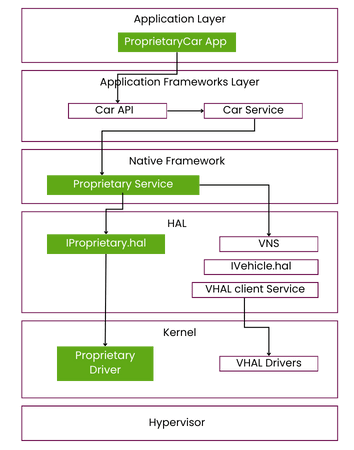
- ProprietaryCar App – HMI developed based on OEM requirements
- Proprietary Service – Native service that bridges HAL and Car Services
- Proprietary.hal – Custom HAL’s created for integrating Vendor modules
- Proprietary Driver – Vendor driver developed for custom HW bring up
Expertise
- Kernel and System Configurations, Android Automotive Build on various platforms
- Bring up on a hardware platform with/without a hypervisor support
- Optimizing software on the platform
- Low level driver development
- Sensor Interface and Peripheral SW development
- Integration of hardware sensors
- Validation of drivers and firmware
- Test Automation
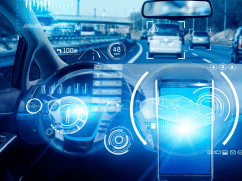
QNX DIC & Infotainment on i.MX 8 Quad Max MEK
- Digital Instrument cluster running on native QNX
- Infotainment in Android Automotive on top of QNX hypervisor
- Display sharing between DC and Infotainment
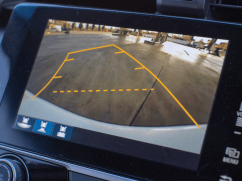
Early video for RVC on i.MX 8 Quad Max MEK
- RVC (Rear View Camera) using EVS (Exterior View System) in Android Automotive
- M core controls camera and display (boot time 2 sec)
- A core Android boot time around 18-20 sec – Takes control of Display and Camera
Automotive Validation Services

- Static & Dynamic Analysis, MISRA C compliance, Coverage
- Automotive protocol testing, CAN, CAN-FD, FlexRay, LIN, higher level protocols (UDS, ISO-TP)
- Unit, Integration and System level testing
- Different levels of testing [Whitebox, Blackbox, Functional, Performance]
- Automation of Pipelines and regression testing
- Dynamic report generation
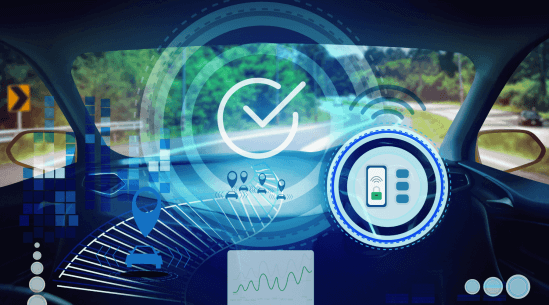
Automotive Infotainment Services

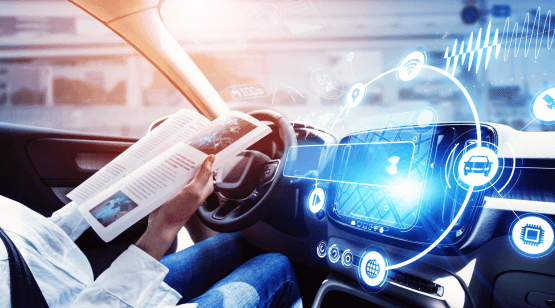
- Customization and Integration of Audio, Video Filters into Android Frameworks
- Middleware development and testing
- Audio integration & Porting
- Development & Integration of Audio, Video Components on proprietary multimedia frameworks
- Optimizations of Early paths for Audio and Video

- GAP analysis for Software Products
- Safety Test case Development, Validation and Reporting
- Pilot Safety Projects
- Functional Safety Implementation, MISRA C conformance














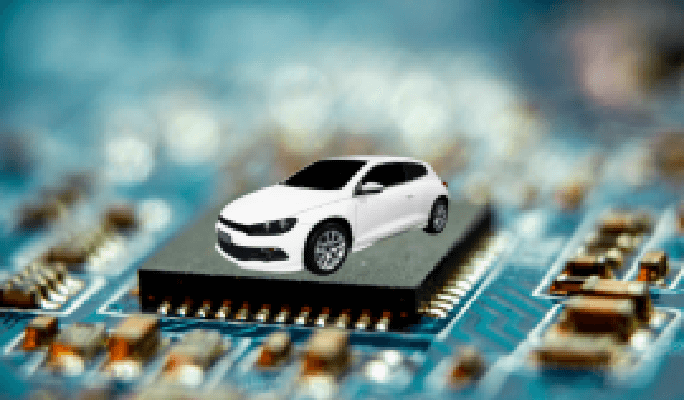
AUTOMOTIVE
FuSa Qualification of an Automotive SoC
Learn More
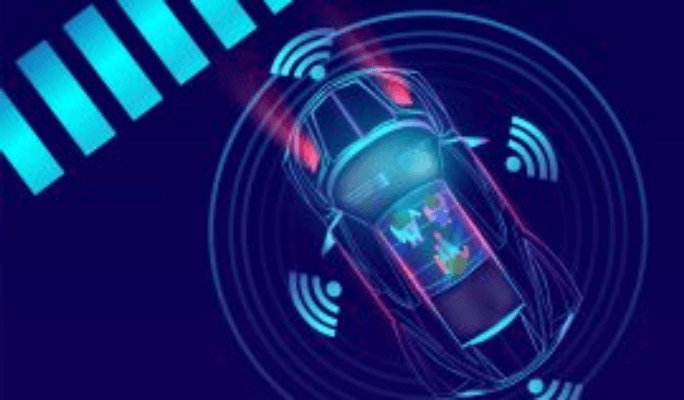
AUTOMOTIVE
Development of an Automotive SoC
Learn More
Hardware Platforms





Autosar


Model based design


Testing



Compliance


OS



Contact Us
We're here to help! Reach out to us with any questions or inquiries.


Automotive Validation Services involve comprehensive testing and validation of embedded systems and components within vehicles to ensure compliance with safety standards, performance requirements, and reliability criteria. They are essential for verifying the functionality and integrity of automotive electronics, minimizing risks, and enhancing vehicle safety and reliability.
Automotive Validation Services encompass a wide range of testing activities, including functional testing, performance testing, reliability testing, environmental testing, and compliance testing. These services validate various automotive systems, such as powertrain, chassis, safety systems, and infotainment systems, to ensure they meet quality and regulatory standards.
Infotainment services enhance the driving experience by providing drivers and passengers with entertainment, communication, navigation, and vehicle information functionalities. These services include features such as multimedia playback, smartphone integration, voice control, navigation systems, and connectivity options, making driving more enjoyable, convenient, and connected.
Providers of Automotive Embedded Services possess expertise in software development, hardware integration, user interface design, connectivity protocols, and multimedia technologies specific to infotainment systems. They offer end-to-end solutions for designing, developing, testing, and integrating infotainment services into vehicles, ensuring seamless functionality and user experience.
Outsourcing Automotive Embedded Services for Infotainment systems allows companies to leverage specialized expertise, reduce development costs and time-to-market, and focus on core competencies. Service providers offer scalable solutions tailored to specific project requirements, ensuring high-quality infotainment systems that enhance vehicle competitiveness and customer satisfaction.
Standards such as ISO 26262 for functional safety and ISO 15005 for human-machine interface (HMI) design provide guidelines and requirements for developing safe and user-friendly infotainment systems. Compliance with these standards ensures that infotainment services meet quality, safety, and regulatory standards, enhancing vehicle performance and market acceptance.

